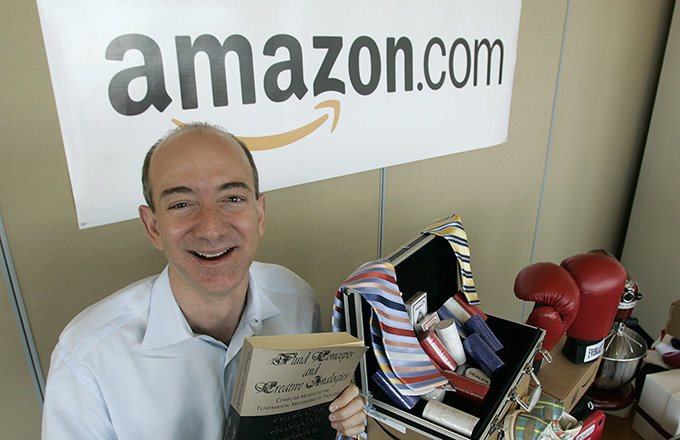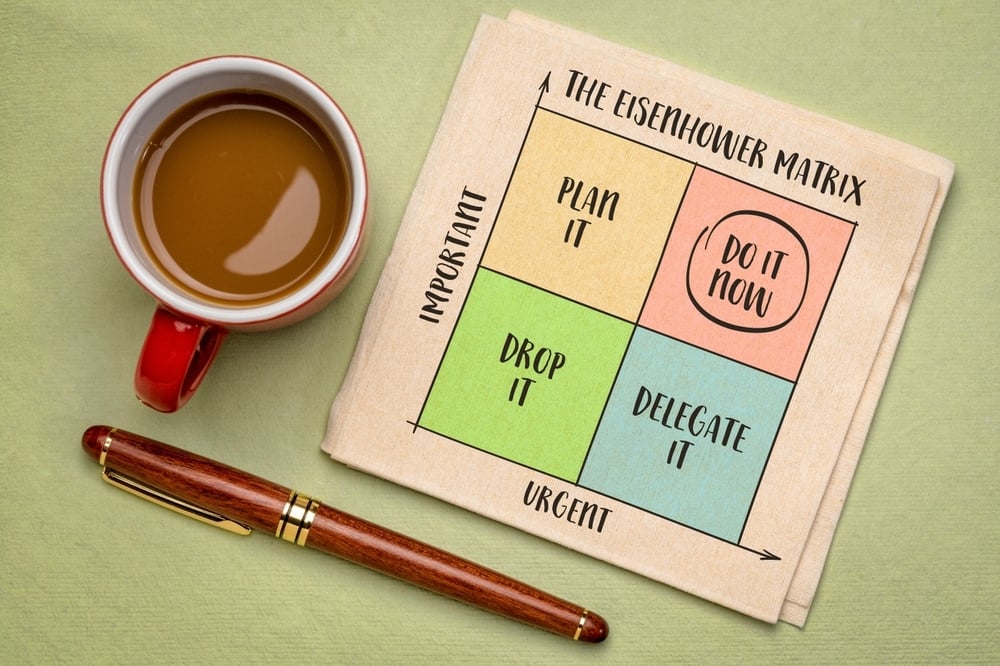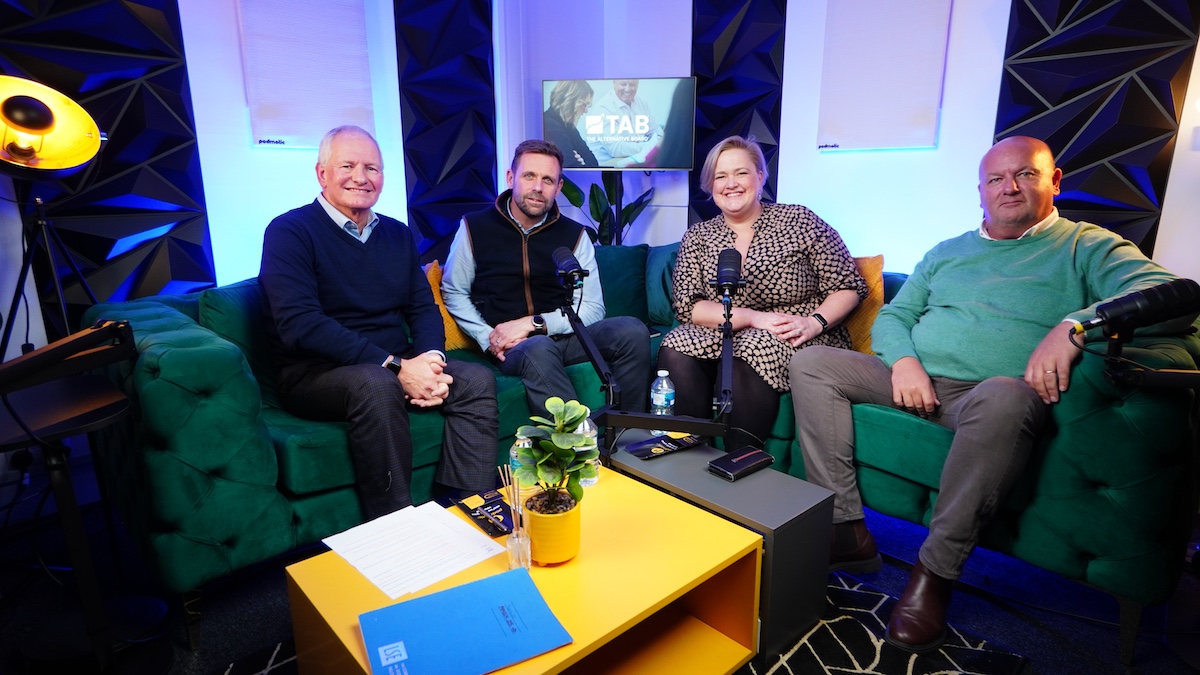
Learning from life's algorithm
by Ed Reid
Listen to Audio Version:
We’ve all seen the headlines over the last two to three weeks. Exam Chaos. Exam Crisis. And – as I write this on Wednesday morning – Williamson was warned weeks before exams fiasco.
Nearly everyone reading this blog will know someone who was affected by the A-level results storm last month. For us – for Dav, Dan and I – it was slightly different. Our family was in the eye of that storm.
It was A-level results day for Dan, our eldest son. His first choice was Newcastle, where he needed AAB. His back up was Loughborough, who’d asked for ABB.
Newcastle might be tough: but he – and we – were confident of Loughborough.
His results – determined not by exams but by a Department of Education algorithm – arrived. He’d got BBD.
Two years’ hard work. Never a thought – not even the merest hint from his teachers or his coursework – of a result like BBD.
But there it was in black and white, and it had to be dealt with.
It had to be dealt with by our desperately disappointed son and by parents whose reactions went from astonishment to anger to bewilderment to frustration – and then all the way back again.
It’s perhaps worth breaking off here to explain how the algorithm worked. Plenty of you will have seen the headlines, without necessarily reading about the underlying calculations.
Teachers were asked to give each pupil an estimated grade, and a ranking compared to every other pupil who’d been given that grade. So, for example, was Dan top of those pupils predicted to get an A in Economics or was he at the bottom – just scraping an A if he got lucky with the questions?
These were then put through an algorithm which factored in the school’s performance in that subject in the last three years. The theory was that the grades would then be consistent with previous performance, and that grade inflation – teachers being unduly optimistic – would be avoided.
When the results came out 36% of entries had a lower grade than the teachers had predicted: 3% were down by two grades.
And that was where we found ourselves on Thursday 13th August. The algorithm had turned Dan’s predicted ABC into BBD.
Newcastle? Loughborough? He wasn’t even close.
It was my worst moment as a parent. We had to deal with Dan’s devastation and our own bewilderment. We spent a lot of the morning shaking our heads and saying, ‘This can’t be right.’
But – as I’ve written above – it had to be dealt with. And let me pay credit to my son: he probably dealt with it a lot better than his parents.
By Sunday Dan was revising. ‘Sod it,’ best described his attitude. ‘If I have to do re-sits then I have to do re-sits.’ Life lesson number one: the best attitude to feeling down or disappointed is to take action.
But by that time there was also a recognition that Dan wasn’t alone. He was in the company of thousands, if not millions. It was fast becoming clear that it wasn’t the students that had been weighed, measured and found wanting, but the algorithm.
Meanwhile, chaos reigned in university admissions departments. They were besieged by phone calls. They found themselves massively over-subscribed or under-subscribed and – in some cases – having to rescind offers they had already made.
Dan’s revised results came through on Friday August 21st. By that time both Newcastle and Loughborough were full for this year. So now Dan will go to Loughborough University to study Finance and Management in September 2021.
He’ll be wiser and more mature. And, in all honesty, I think September next year is a better time to go. This year’s virtual freshers’ week – where you sit in your bedroom and watch other people drinking vodka shots on Zoom – doesn’t sound like much fun to me.
So what does Dan do now? He has an unexpected, unplanned – but ultimately, I suspect, beneficial – gap year. Well, he’ll get the chance to play seniors rugby for Selby. That’s a real bonus. He’ll need to find a job: six words that are far easier to write than to accomplish at the moment.
He'll also have a year to reflect on the events of August 2020, when he learned some of life’s most valuable lessons.
However much you’re hurting, sometimes you have to react and react positively.
But sometimes, you have to be patient. As Dan said to his increasingly frantic father, “Relax. There are thousands of others. They’ll get to me.”
And – above all – it’s not what happens to you in life, it’s how you react to what happens.
August 2020 gave me my worst moment as a parent. My son’s reaction to it gave me perhaps my best.
Thanks, Dan.
Related articles

The biggest river in the world
Ed Reid, our Managing Director talks about how Jeff Bezos took Amazon from a modest business to the world's largest online retailer.

The worst day of my business life: getting through this together
Ed Reid, our Managing Director, talks about how TAB is still a friendly shoulder to lean on, even in these unprecedented times.

For better, for worse
Ed Reid talks about the exciting prospect of starting your own business, and how like marriage, it shouldn't be entered into lightly.





